The world’s wealthiest corporations may take your work in its entirety for their own profit. They do not have to ask you for permission, let alone pay you. That’s essentially the ruling by the US Court of Appeals for the Second Circuit in the Authors Guild’s long-running legal battle against Google over its massive book-digitization program. Remarkably, the court exacerbates the disparity of wealth and power in America by undermining property rights—even as it violates the purpose of copyright law.
The editors of The Biographer’s Craft (TBC) have been kind enough to let me respond to an opinion piece in The Chronicle of Higher Education by Pamela Samuelson, cited in the last issue of TBC. As a member of the board of the Authors Guild, one of BIO’s sister organizations, I want to explain why the Authors Guild is appealing the decision—and why it’s terrible for authors.
Samuelson, and the Second Circuit, turn the issues completely upside down. They focus on the end result: that Google has chosen, for now, to make search results available only in snippet form. (Google defines for itself what “snippet” means, by the way.) They argue that this does not undermine the book market, as readers can’t read an entire book this way.
That might be a good argument if the Authors Guild had sued end users of Google’s service. But we didn’t. The lawsuit is not over how Google dispenses stolen goods, but the stealing itself. The corporation made complete copies of our books for its own profit. The courts have always held that such copying is a blatant violation of creators’ rights, whatever happens afterward.
Google itself tells us that search and data-mining rights for books have value. It spent millions on its book-digitization project, and it is legally obligated to use its resources to make money for shareholders. And if Google can do it, so can anyone; Google’s profits from our books will invite competition. But what if Google had lost? What if the courts had held that business corporations must negotiate with authors? Then Google and any rivals would have to bid, driving up the value of our rights.
After all, that is the point of copyright: to promote the creation of art and knowledge by reserving to creators the financial rewards of their work. And those rewards are growing thinner. The book market is one of the last pieces of the economy in which the individual is a key player, yet authors find themselves powerless before the new digital gatekeepers—corporations that tower over even publishers, our traditional business partners. These gatekeepers profit from distribution, not creation, and they are deliberately driving down the value of our creations in digital form.
Of course, academic authors do not depend on income from their books. That’s a good thing; academic writing is essential to society. But our culture needs more than monographs. As a recent Authors Guild member survey shows, writers’ incomes are declining, not growing. We need every possible income stream to stay in business.
In the end, this case is about the future of the book itself. Therein lies the irony of Google and Samuelson’s position: They are the luddites, arguing that the book market will always be the same, that authors must be limited to their existing rights and traditional notions of the book itself.
The decision in favor of Google holds that the computer search is a “transformative” use of a book, which denies the original creator any rights. If it’s transformative merely to have a computer look through a book, that’s setting a very low bar for allowing others to use entire works without permission. One could argue that adaptations for film, television, or audiobooks were far more transformative; if the Second Circuit’s doctrine had prevailed a century ago, countless authors would have been denied critical income and creative control.
The Authors Guild is not opposed to the Google books program; rather, we want authors to be included and rewarded, to be incentivized to make the most of the technological future. Already digital media are changing the way people “consume” books; authors want to help shape new models of reading their work. But the court is narrowing authors’ rewards—and opportunities—in the digital realm.
Personally, I fear that this decision will make it still harder for authors to digitally transform their own works. We have barely tapped the possibilities—overlaying traditional narrative text with images, sound, embedded digressive essays, intertextual links, and interactive features, and who knows what else. That’s what I wanted for the digital edition of my most recent book, but the downward pressure on e-book prices by digital gatekeepers made it impossible, since it would have cost more than the print edition. The Second Circuit’s decision, I fear, will exacerbate the trend. Even if we could afford to transform our books, we’d be forced to compete with wealthy corporations over digital iterations of our own work. That’s a competition we can’t win.
T. J. Stiles received the Pulitzer Prize and National Book Award for The First Tycoon: The Epic Life of Cornelius Vanderbilt. His newest book is Custer’s Trials: A Life on the Frontier of a New America. He is on the BIO Advisory Board and the Authors Guild Council.
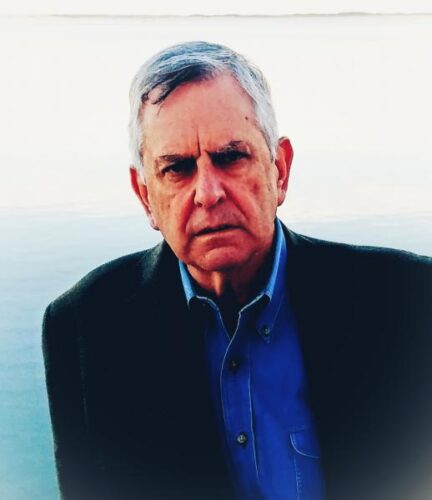
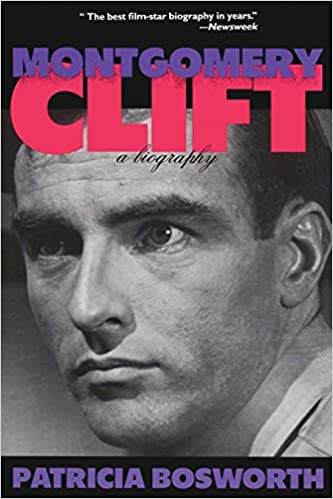
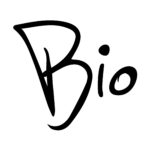
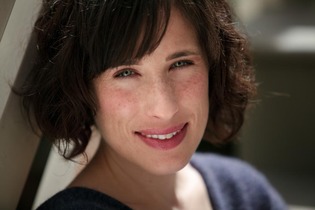
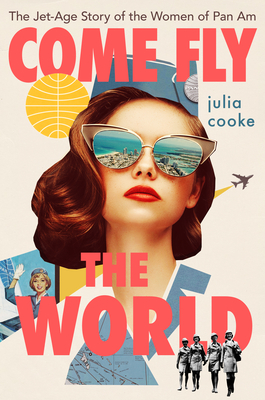
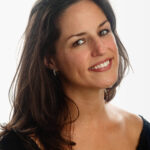
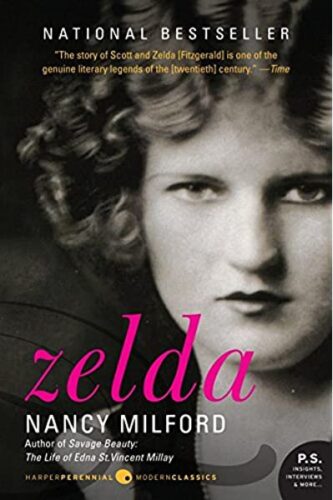
 This meeting is free and open to all who register.
This meeting is free and open to all who register.